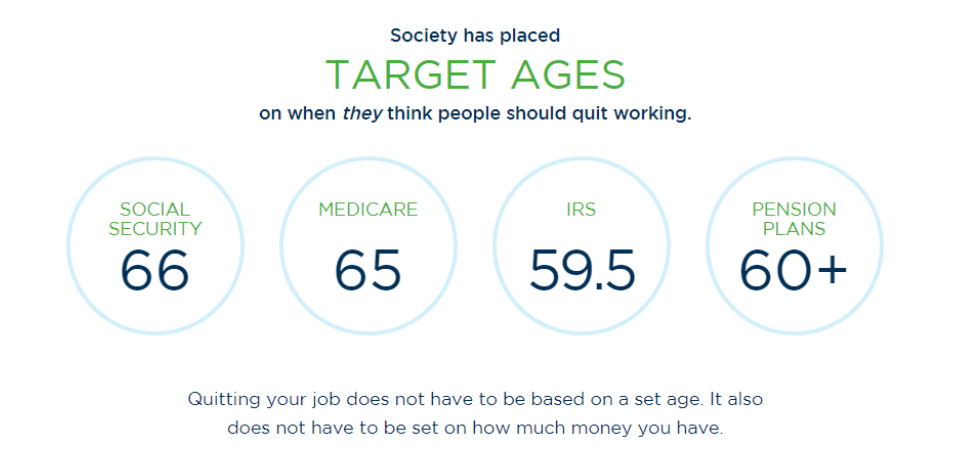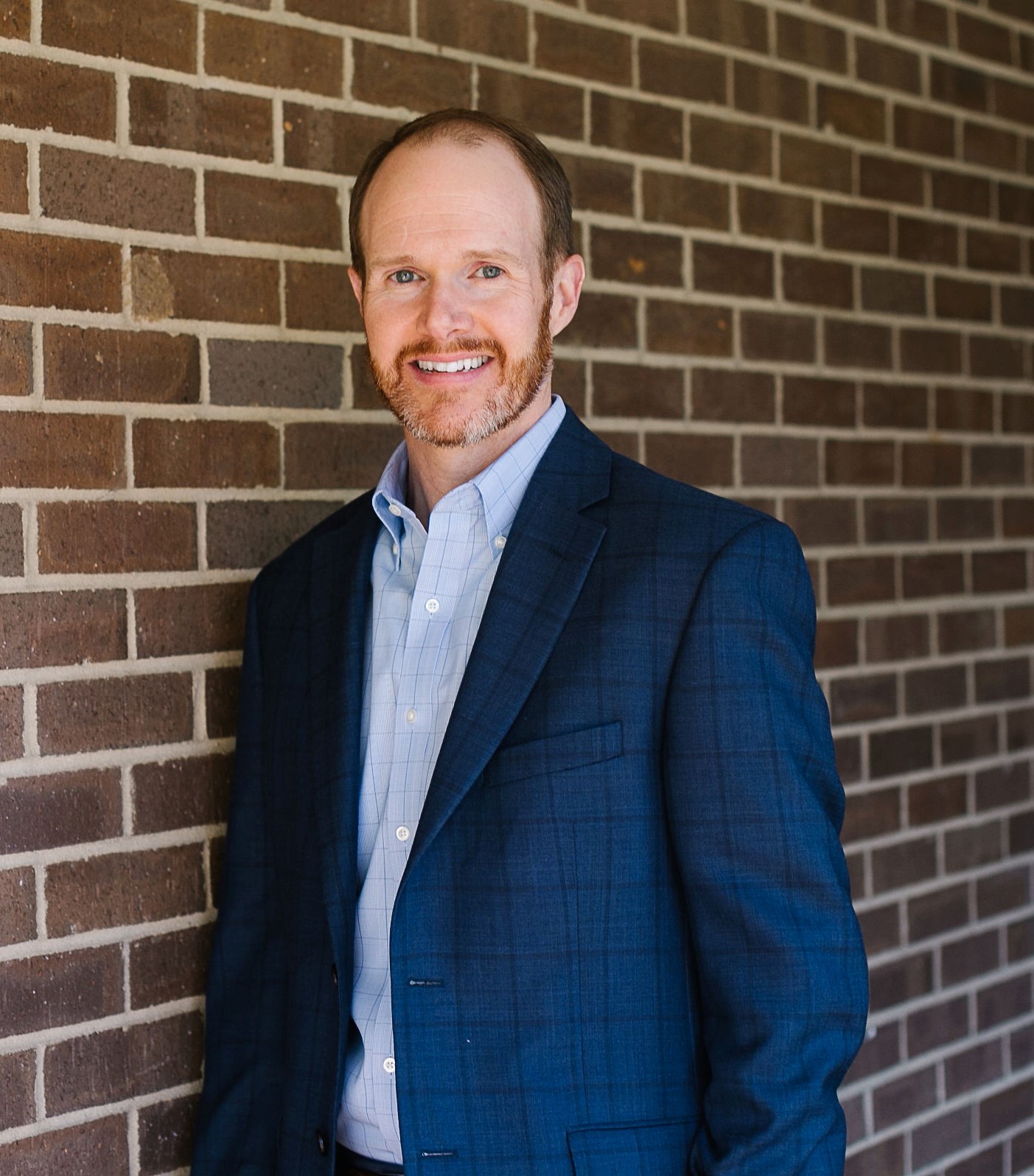Global View Investment Blog
Does Early Retirement Lead to More Anxiety?
The largest savings goal for Americans is retirement. As we entered our first job as adults, we were likely offered the option to participate in a retirement plan like a 401k. We are taught to start saving for those “glorious years” early, as much as 30 or 40 years in advance.
Who says you must retire?
In America, we place ages on when to begin retirement. We have found that the happiest have a work/life balance. This could be a continuation of your current role or a reduction of hours. The key is having a plan and staying active.

The pressure to retire early
In our work lives, some people get overly stressed or burned out. The grind of the 40+ hour work week, along with the other stresses of life, like children’s activities and paying bills, have us dreaming of a place where there is relaxation, a slower pace of life, and less financial stress. We look at those that are already retired, and they don’t appear to be worried as much. We think, “I want that kind of life!” The idea then comes to mind, “If I can just save more, then I can retire early.” The next question I often ask people is, “Then what?”
Unnecessary Anxiety
This question can lead to many different discussions. But for now, I want to focus on what creates anxiety for those that retire early. What is the definition of retiring early? Typically, this is less than age 62 and sometimes less than age 65. Age 62 is the earliest a person can begin Social Security Benefits, and age 65 is when Medicare coverage begins.
My years of experience have shown me that one of the most significant factors in Early Retirement Anxiety is a longer period for the money to last. With a longer time in retirement, there is more pressure to make sure the investment portfolio performs with little volatility. Our human emotions react stronger to any market or portfolio volatility. Every little news topic that creates jitters in the market adds stress and worry. If this is true for you, don’t retire early!
People have different risk tolerances. But what I have experienced is that no matter where a person is on the risk tolerance scale, the anxiety related to market volatility increases when you retire early.
With a longer retirement, you need more money. Also, the highest retirement spending years are the first 6-10 years in retirement. The younger you are, the more likely you will spend more money, due to being healthier and more energic.
Also, health insurance is costly before you reach age 65 and are covered under Medicare.
The bondage of debt in retirement
Another layer of stress is entering retirement with debt. Get rid of debt before retirement, including mortgage. If your house is paid off before you retire, you will rest much easier regardless of the financial justification for keeping a mortgage. This should be a priority! If needed, make financial sacrifices in the years leading up to retirement to become debt-free.
A case in point:
A couple age 58, with $1.2million in retirement savings, would like to retire now. They have a small pension that will begin at age 62, which is also the earliest age to start taking Social Security benefits at a reduced amount for life.
Their incomes are at the highest level of their careers. The kids are finally independent and off the parental payroll. But they still have a mortgage balance of $200,000.
If they retire now, they have four years before they have any income and will have to rely on their retirement savings entirely.
You can see why market volatility can create higher stress. Most of the time, my recommendation would be to continue to work, pay off the mortgage, and let the assets grow until you at least reach age 62.
When you shouldn’t retire early:
- Keep working if you’re nervous about the economy and investment volatility!
- Keep working if you have debt!
- Keep working if you don’t have a plan on how you will be spending your time!
Most people retire to reduce stress. Do not simply transfer to another type of stress.
Even when the financial planning software says you are ready, let’s walk through the hard discussion to ensure that you are financially and emotionally prepared for your retirement years.

Written by Joe Hines
Joey's primary focus is working with clients in the goals setting and financial planning process. He has extensive experience is in helping clients facilitate the decision making process, leading them through the implementation of their financial plan and contributing to their peace of mind. This includes helping clients gain an understanding of estate planning, charitable giving, and helping them implement these plans by working closely with estate planning attorneys.
Are you on track for the future you want?
Schedule a free, no-strings-attached portfolio review today.
Talk With Us






